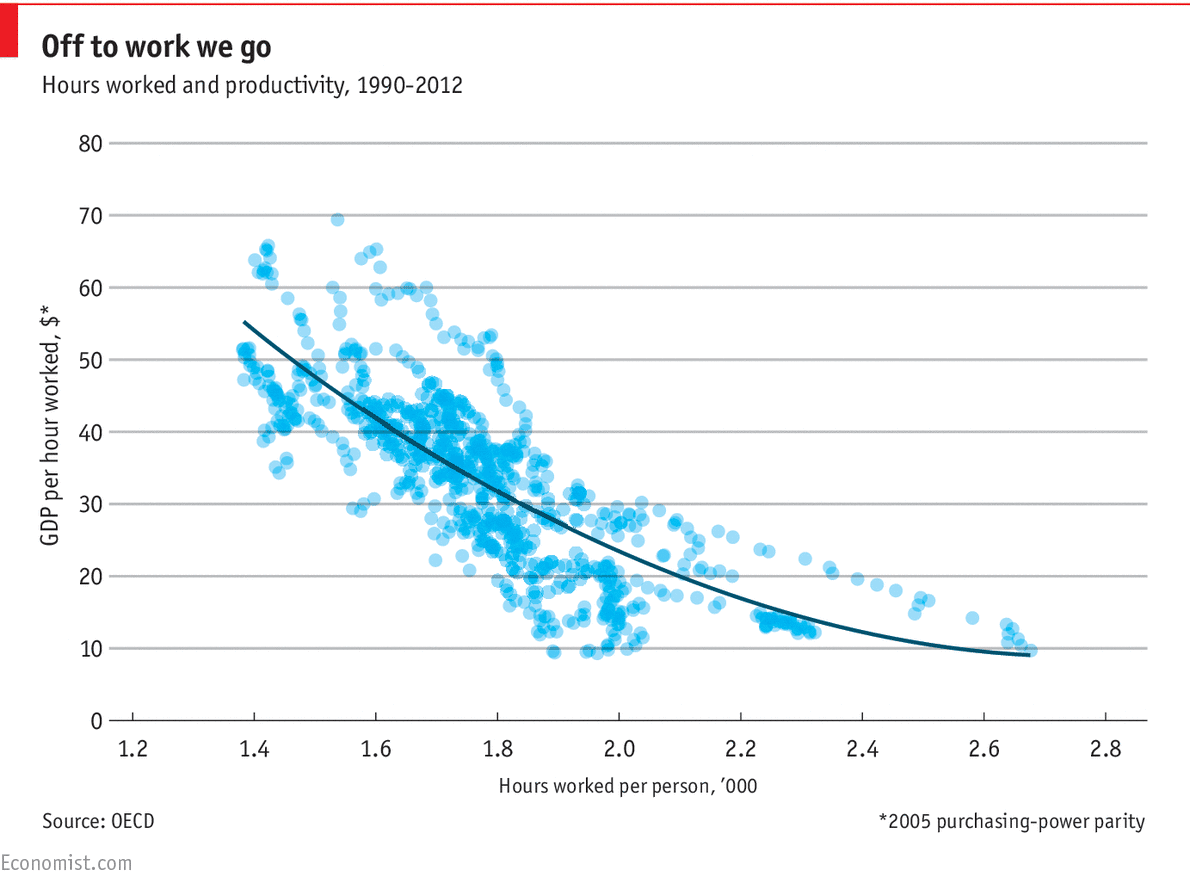Overwork is one of the biggest HR threats to every single business today. Overwork is what could kill you, a lot faster than your competitors or your customers. Overwork is the danger that you’re facing at every single level. Whether your job is called Human Resources or People & Culture, the worry is the same. Your staff need to be looked after, and encouraged to look after themselves.
I love this quote from the Harvard Business Review:
“Whether we are forced to or choose to work too much, however, a growing body of research suggests that working long hours damages our health, productivity, and families. A recent study suggests that it might be a factor in 120,000 deaths a year. Research also shows that people often use devices and policies meant to increase autonomy to take work home and work around the clock. While organizations wage wars for talent, it seems talent is at war with itself.“
The old understanding is that if you want to reach a certain level of success, you have to work yourself into an absolute frenzy. We have this idea that the longer we spend at the desk, grinding out and through our tasks, the more we will get done, and the better it’s going to be for the company. But that’s just not the truth.
The productivity actually drops, the more we overwork and the more we drain ourselves without keeping back time to recover and and remain healthy. The businesses we work for don’t benefit from more productivity just because we’re getting there early and we’re staying there late – but that hasn’t stopped a trend towards longer hours.
Right now in Australia, 30%+ of our workers are putting in more than 45 hours a week. That’s a number that is definitely going to be reflected in their personal and professional lives, and it’s more than the full time benchmark.
Imagine if your staff are feeling under increased pressure, staying longer, sleeping less, and still trying to carry out the tasks that are critical for your company. How long is it before they either start dropping the ball or realise that you’ve dropped the ball by letting them – and leave?
Keeping your staff around could mean sending them home.
This doesn’t just come from Aussie numbers, either. It’s a global problem, and it’s reflected down here more and more.

That’s a graph the economist put out. It doesn’t mess around. The numbers and the knowledge are there. The productivity is dropping, the more time we spend overworking and pushing ourselves past the limits that we can actually handle.
For the folks who are working in HR right now, who are responsible for human resources, people and workplace health, this is something that’s going to have to be addressed. There’s no magic answer to it, but the simple version of solving this is to try and keep track of the pressures your team are facing, the hours they’re working and pushing, and how much time they’re given to recharge.
There is a quick checklist we’ve put together on this:
✅Keep track of your workers’ hours
✅Ask your managers to measure the workload allocations
✅Ensure people have the tools and resources they need
✅Keep track of sick days and absentees – that’s an indicator that there could be an issue
✅Question the conditions in the office, and ask if they could be contributing
✅Try and work on this from the top down – get your managers to commit to not overworking
✅Use regular staff meetings to remind people that they need to look after themselves and their time
